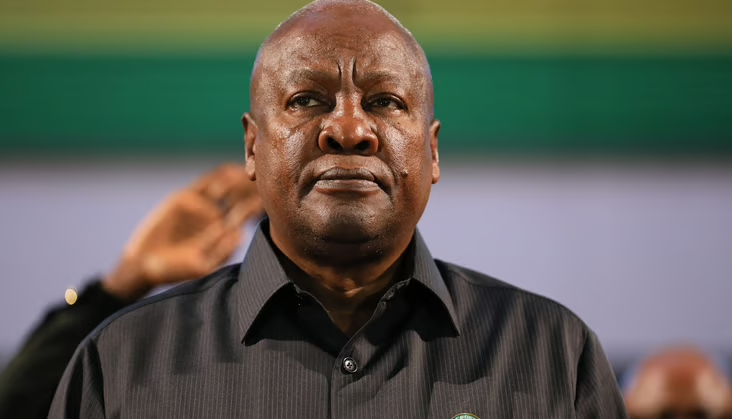Richard Ahiagbah, the Director of Communications for the New Patriotic Party (NPP), has expressed deep concerns over what he perceives as a dangerous consolidation of power by President John Dramani Mahama within Ghana’s political system. Ahiagbah argues that the recent removal of Chief Justice Gertrude Torkornoo, coupled with the ruling party’s control over Parliament, has effectively elevated President Mahama to the status of a “supreme leader,” wielding unchecked authority over the legislative and judicial branches of government. This concentration of power, Ahiagbah warns, poses a significant threat to Ghana’s democratic principles and the delicate balance of power that safeguards against authoritarianism.
At the heart of Ahiagbah’s argument is the assertion that the removal of the Chief Justice, following a presidentially appointed inquiry, has compromised the independence of the judiciary. While the presidency maintains that the President acted constitutionally based on the inquiry’s findings of “stated misbehaviour,” critics, including Justice Torkornoo herself, contend that the process was politically motivated and aimed at undermining judicial autonomy. Ahiagbah highlights the potential for a judiciary susceptible to executive influence, particularly given the ruling party’s dominance in Parliament. This dominance, he argues, allows the executive branch to exert undue pressure on the judiciary, further eroding its impartiality and independence.
Ahiagbah’s characterization of President Mahama as a “supreme leader” stems from the perceived alignment of both the legislative and judicial branches under the executive’s control. With Parliament dominated by the ruling party, the legislative process becomes susceptible to executive influence, limiting the ability of the legislature to effectively check and balance the power of the presidency. This, combined with the alleged compromise of the judiciary, creates a scenario where the President faces minimal resistance or oversight from these crucial branches of government.
The implications of this power dynamic, according to Ahiagbah, are far-reaching. A weakened judiciary loses its ability to act as an impartial arbiter in disputes between the executive and the citizenry, potentially leaving individual rights and freedoms vulnerable to executive overreach. Furthermore, a compliant legislature becomes a rubber stamp for executive policies, stifling robust debate and hindering the representation of diverse perspectives in the lawmaking process. This consolidation of power, Ahiagbah warns, creates an environment conducive to authoritarian rule, where the checks and balances designed to protect democratic values are effectively neutralized.
The removal of the Chief Justice serves as a focal point for these concerns. Regardless of the merits of the specific allegations against her, the process itself, according to Ahiagbah, raises serious questions about the President’s respect for the separation of powers. The timing and circumstances surrounding the removal suggest a potential motive to weaken an institution that plays a crucial role in upholding the rule of law and holding the executive accountable. This perceived attack on judicial independence sets a dangerous precedent, potentially emboldening future attempts to undermine the judiciary’s authority.
Ahiagbah’s warning underscores the importance of maintaining a robust separation of powers within a democratic system. Each branch of government – the executive, legislative, and judicial – plays a distinct and vital role in ensuring accountability and preventing the concentration of power in any one entity. When these branches function independently and effectively check each other, they safeguard against tyranny and ensure that government power is exercised responsibly and in the best interests of the people. The perceived erosion of these checks and balances in Ghana, as highlighted by Ahiagbah, raises serious concerns about the future of democratic governance in the country.














